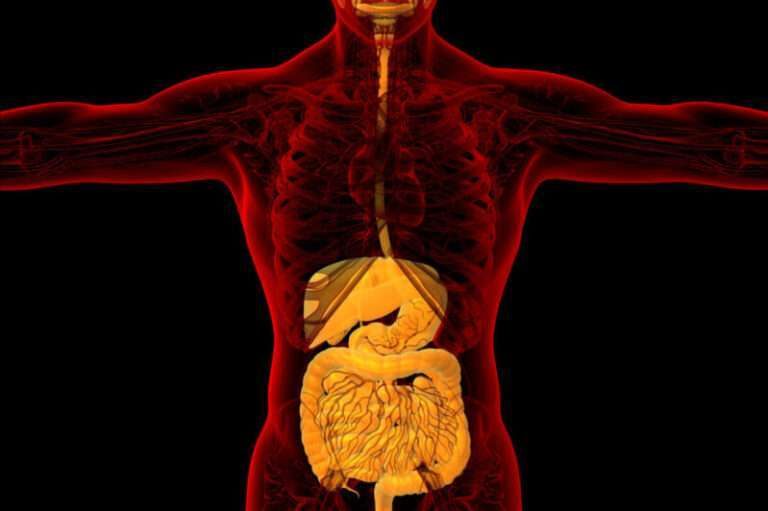The human microbiome is a complex and dynamic ecosystem of microorganisms that live in and on our bodies. The gut microbiome, in particular, plays an important role in our overall health and well-being.
If your gut microbiome is out of balance, it can affect many aspects of your health. Restoring balance to your gut microbiome can help improve digestion, immunity, metabolism, and overall well-being.
In this article, you’ll learn how to restore balance to your gut microbiome by making dietary and lifestyle changes that support a healthy microbial environment.
What is the Gut Microbiome?
The human body contains trillions of microorganisms that make up the human microbiota or “microbiome”. The majority of these microbes live in the gastrointestinal tract (GI tract), which includes the stomach and intestines; this collection of microbes is known as the “gut microbiome” or “gut flora”. The bacteria present in our guts play an important role in digestion by breaking down food into nutrients that can be absorbed by our bodies; they also help protect us from disease-causing pathogens by competing for space on our mucosal surfaces.
How Can You Restore Balance To Your Gut Microbiome?
Restoring balance to your gut microbiome requires making changes both internally (through diet) and externally (through lifestyle modifications). Here are some tips for restoring balance:
1. Eat a Balanced Diet:
Eating a variety of healthy, whole foods from all the food groups will help to restore balance to your gut microbiome. Focus on consuming plenty of fiber-rich fruits and vegetables like apples, bananas, carrots, spinach, and broccoli; as well as lean proteins such as fish, poultry, eggs, beans, and legumes.
Additionally, include healthy fats in your diet by consuming nuts and seeds or adding extra virgin olive oil to salads. Eating fermented foods like kimchi or sauerkraut can also help introduce beneficial bacteria into the digestive system for additional support.
2. Take Probiotics:
Taking probiotic supplements or eating fermented foods like yogurt, kefir, kimchi, sauerkraut, miso, and tempeh can help replenish beneficial bacteria in your digestive system.
Probiotics are live microorganisms that have been shown to have a range of health benefits including improved digestion and immunity. Eating these types of fermented foods can help to restore balance to the gut microbiome by increasing the number of beneficial bacteria present.
Taking probiotic supplements helps introduce new strains of beneficial bacteria into your system while helping existing colonies grow more efficiently than pathogenic species. It’s important however when selecting probiotic supplements you choose one with multiple strains so you get the maximum benefit from it.
3. Reduce Stress Levels:
Stress has been linked to an imbalance in the gut microbiome, so reducing stress with activities such as yoga, mindfulness meditation, and deep breathing exercises may be helpful for restoring balance. Additionally, getting regular exercise can help to reduce stress levels by releasing endorphins which promote feelings of well-being. Taking time out each day to relax and unwind is also important – even if it’s just a few minutes of quiet alone time or taking a walk outside in nature.
4. Eliminate Highly Processed Foods:
Highly processed refined sugars and unhealthy fats like trans fats can disrupt the delicate balance of bacteria in your gut microbiome, so eliminating these from your diet can help restore equilibrium. Additionally, limiting or avoiding artificial sweeteners and other additives like MSG as well as alcohol and caffeine may also be beneficial.
Eating a balanced diet rich in fiber-rich fruits and vegetables, lean proteins such as fish and poultry, healthy fats like nuts and seeds, whole grains, and fermented foods will provide you with the nutrients necessary to support a healthy gut microbiome.
5. Get Enough Sleep:
Sleep plays an important role in maintaining optimal health – not only physically but also mentally and emotionally – so ensure you get at least 7-8 hours per night for the best results when it comes to restoring balance to your gut microbiome.
Additionally, creating a relaxing bedtime routine can help promote better quality sleep. This could include taking a warm bath or shower, reading a book, or practicing some light yoga poses before going to bed.
In conclusion, Restoring balance to your gut microbiome requires making changes both internally (through diet) and externally (through lifestyle modifications). Eating a balanced diet rich in fiber-rich foods such as fruits vegetables whole grains legumes is essential for maintaining a healthy population while avoiding processed foods with added sugars or preservatives may contribute towards dysbiosis within your GI tract.
Additionally taking probiotic supplements helps introduce new strains of beneficial bacteria into the system while managing stress levels through activities like yoga meditation exercise etc & getting enough sleep help to maintain proper immune function & keep bad bacteria at bay.
Finally avoiding smoking excessive alcohol consumption & drugs all have negative impacts on microbial populations & should be avoided if possible. By following these steps you’ll soon find yourself well on your way toward restoring balance back into the system.

